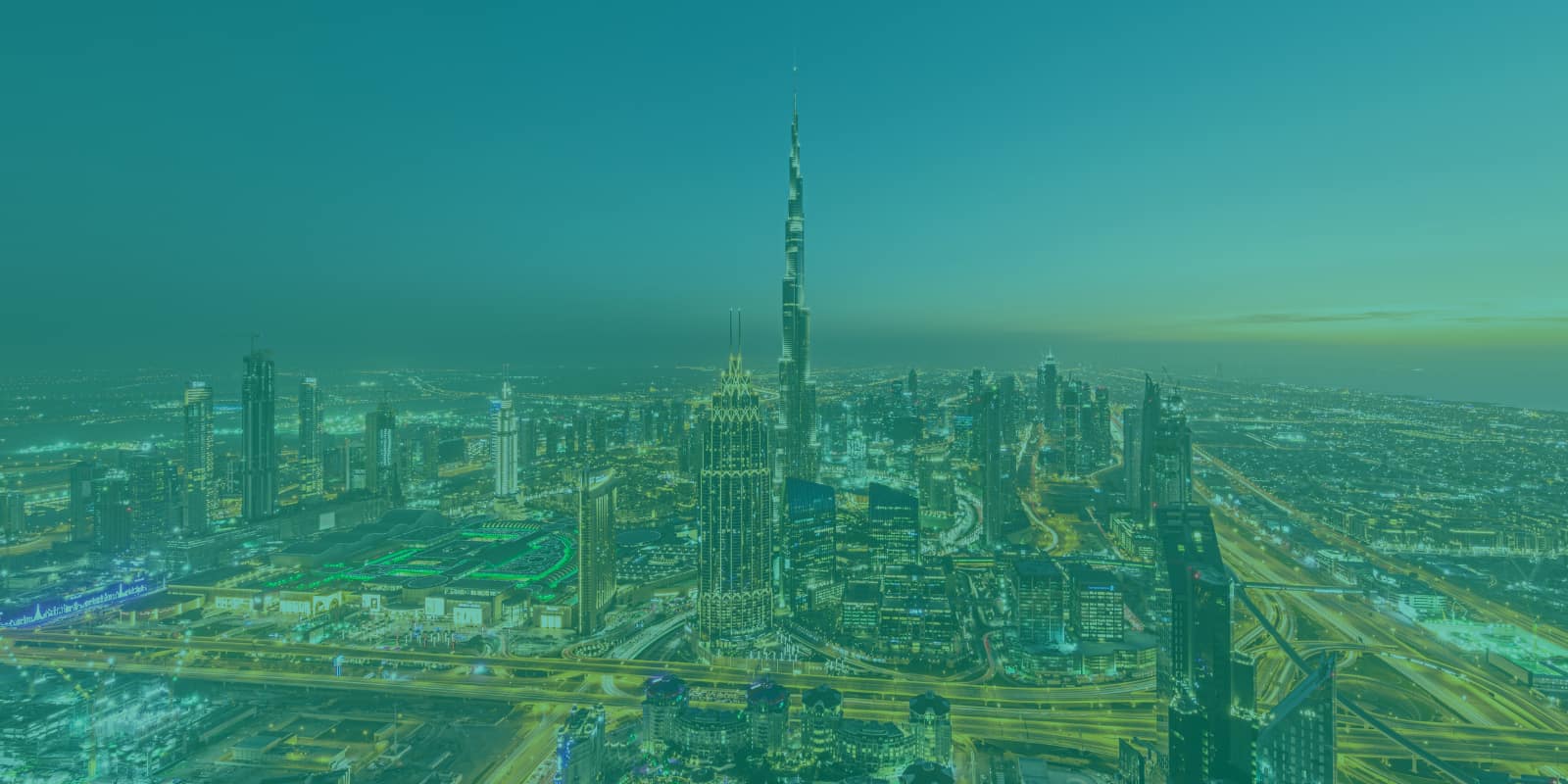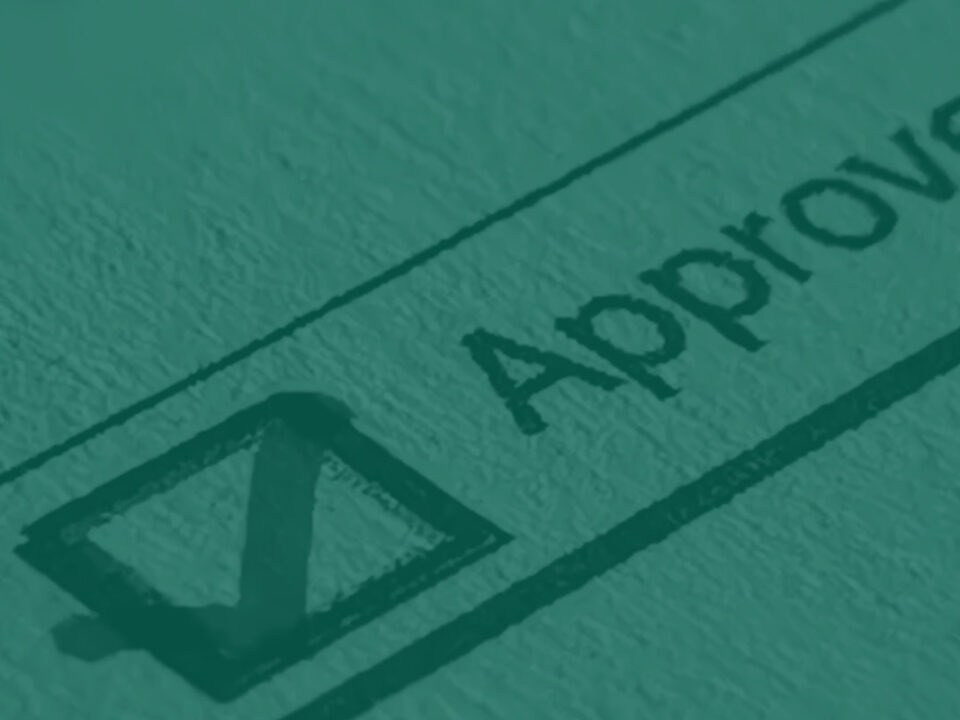EXPLANATION OF DUBAI’S LONG-TERM ECONOMIC VISION – 2031
“We the Emirates 2031” represents a courageous vision and national action plan to take the country’s development to the next level over the next decade. It focuses on various aspects including social, economic, investment and development. The primary aim of this vision is to strengthen the Dubai’s position as a global business partner and an attractive and influential economic centre.
The main national indicators in the “We the Emirates 2031” vision include:
- Raising the country’s GDP from 1.49 trillion to 3 trillion AED.
- Increasing the country’s non-oil exports to 800 billion AED.
- Elevating the tourism sector’s contribution to the GDP to 450 billion AED.
- Increasing the value of UAE foreign trade to 4 trillion AED.
- The country ranked first in the world in developing proactive legislation for new economic sectors.
HIGHLIGHTING KEY INITIATIVES AND STRATEGIES DRIVING ECONOMIC GROWTH
UAE CENTENNIAL PLAN 2071
UAE Centennial Plan 2071, Launched in 2017, this long-term vision serves as a roadmap for governmental efforts to enhance the UAE’s reputation and economic prowess. The Centennial Plan is built upon four fundamental pillars: a future-focused government, excellent education, a diversified knowledge-based economy, and a happy, cohesive society. Under the banner of ‘the best economy in the world’, the UAE aspires to emerge as a global hub for attracting top minds, ideas, and talent, while providing unparalleled business opportunities, a stable environment, and advanced infrastructure. Consequently, the government will increase investments in artificial intelligence, biotechnology, nanotechnology, cognitive sciences, and multi-dimensional cumulative manufacturing.
THE EMIRATES BLOCKCHAIN STRATEGY
Launched in April 2018, the UAE Government’s Emirates Blockchain Strategy 2021 aims to transform 50% of government transactions onto the blockchain platform by 2021. This transition is expected to:
- Save AED 11 billion in routine transactions and document processing.
- Reduce annual printed documents by 398 million.
- Save 77 million work hours annually.
By leveraging blockchain technology, the UAE seeks to provide a secure platform for digital transactions, ensuring data integrity and enhancing the efficiency of government processes.
UAE STRATEGY FOR THE FOURTH INDUSTRIAL REVOLUTION
The UAE Strategy for the Fourth Industrial Revolution aims to strengthen the country’s position as a global hub for the upcoming industrial revolution and contribute to a competitive national economy built upon futuristic applications that integrate material, digital, and biological technologies. The key pillars of this strategy include the adoption of various plans in genomic medicine, medical genomic tourism, and the strengthening of economic security through embracing a digital economy. Additionally, the strategy involves the development of advanced technologies, ranging from artificial intelligence and nanotechnology to the Internet of Things and 3D printing, to support economic growth.
EMPHASIZING DUBAI’S POSITION AS A MAGNET FOR FOREIGN INVESTMENT
Dubai is a global hotspot for innovation and economic growth, attracting foreign investors, talents and innovative startups by its:
- FAST GROWN MARKET: The Dubai Economic Agenda 2033 (D33) aims to double the emirate’s economy in the next decade, fostering competitiveness, diversification and sustainability, and positioning Dubai as one of the top three cities across various parameters.
- STRATEGIC LOCATION: Dubai is strategically positioned to bridge the East-West time zone gap.
- GLOBAL FINANCIAL HUB: As part of D33, Dubai’s ten-year economic transformation agenda, the city has ambitions to be among the top four global financial centres in the world.
FREE ZONES AND ECONOMIC ZONES IN DUBAI
Free zones and economic zones are designated areas that offer specific legal frameworks and benefits to businesses (both local and foreign) to encourage investment, trade, and economic growth. Free zones, also known as free trade zones or free economic zones, are specific geographic areas within Dubai that operate under special economic regulations and principles. Businesses established in free zones may enjoy various benefits, including 100% foreign ownership, possible tax exemptions, 100% repatriation of profits, and customs duty exemptions on imports and exports. Certain free zones are dedicated to specific industries or sectors, such as technology, media, finance, logistics, healthcare, and manufacturing. Each free zone may have its own set of regulations and incentives tailored to the needs of the targeted industry. Examples of free zones in Dubai include Dubai Multi Commodities Centre (DMCC), Dubai Internet City (DIC), Dubai Media City (DMC), Dubai Silicon Oasis (DSO), and Jebel Ali Free Zone (JAFZA).
Economic zones, also referred to as economic clusters or industrial zones, are areas designated for industrial, commercial, or mixed-use development, typically outside of the city centre. Economic zones aim to attract investment and stimulate economic activity by providing infrastructure, facilities, and incentives tailored to specific industries or sectors. Unlike free zones, businesses in economic zones may not necessarily enjoy the same level of incentives and benefits, such as 100% foreign ownership or tax exemptions. However, they may still offer advantages such as streamlined regulatory processes, access to specialized infrastructure, and proximity to key transportation hubs. Economic zones in Dubai include Dubai Industrial City, Dubai South, and Dubai Maritime City.
TAXATION POLICIES IN DUBAI INCLUDING CORPORATE TAX AND VAT
Dubai’s taxation policies are designed to attract foreign investment, promote economic growth, and maintain its status as a global business hub.
CORPORATE TAX:
- One of the key advantages of doing business in Dubai is the low rate of corporate taxes and zero rate of income taxes at the federal level.
- However, certain sectors such as oil and gas, banking, and tobacco may be subject to specific taxes or fees at the federal or emirate level. For example, oil and gas companies operating in Dubai may be subject to taxes or royalties on their production activities.
- Additionally, companies operating outside of designated free zones may be subject to corporate taxes in accordance with the laws and regulations of the UAE. Businesses can benefit from corporate tax services in the UAE to ensure compliance and optimize their tax processes effectively.
VALUE ADDED TAX (VAT):
- In January 2018, the UAE implemented a 5% Value Added Tax (VAT) on the sale of goods and services, including most goods and services provided by businesses.
- VAT is levied on the consumption of goods and services at each stage of the supply chain, from production to distribution to the final consumer. Businesses are required to register for VAT if their annual taxable supplies exceed the mandatory registration threshold.
- Certain goods and services may be exempt from VAT, such as healthcare, education, residential property sales and rentals, and local transportation.
- Businesses registered for VAT are required to charge VAT on their taxable supplies, maintain proper accounting records, file VAT returns, and remit the VAT collected to the government. Visit our UAE VAT services page for comprehensive insights.
CUSTOMS DUTIES:
- Dubai imposes customs duties on the import and export of goods, which vary depending on the type of goods and their country of origin.
- However, many free zones in Dubai offer customs duty exemptions or reductions to businesses operating within their jurisdiction, further incentivizing foreign trade and investment. Explore our Customs Duties Services in UAE for tailored solutions and ensuring compliance with local regulations.
DOUBLE TAXATION TREATIES:
- The UAE has entered double taxation treaties with over 100 countries to avoid double taxation of income and facilitate cross-border trade and investment.
- These treaties typically outline rules for the allocation of taxing rights between the contracting states and provide mechanisms for the exchange of information between tax authorities.
IMPACT OF TAXATION POLICIES ON BUSINESS SETUP DECISIONS
Tax policies and regulations mentioned above contribute to Dubai’s attractiveness as a business-friendly destination for domestic and international investors, fostering economic growth and development in the whole country.
REGULATORY FRAMEWORK FOR BUSINESSES IN THE UAE
The regulatory framework for businesses in the UAE is characterized by a combination of federal and local laws, regulations, and licensing requirements for both mainland companies and Freezone jurisdictions.
FEDERAL LAWS AND REGULATIONS:
- The UAE has established federal laws and regulations that apply across all emirates. These laws cover key areas such as company formation, commercial activities, labour relations, taxation, and intellectual property.
- Federal laws relevant to businesses include the UAE Commercial Companies Law, Federal Law on Commercial Transactions, Federal Tax Procedures Law, Federal Labor Law, and Federal Copyright Law, among others.
EMIRATE-SPECIFIC REGULATIONS:
- Each emirate in the UAE has its own regulatory framework and licensing requirements for businesses operating within its jurisdiction.
- For example, Dubai has its own regulatory authorities, including the Dubai Department of Economic Development (DED), Dubai Municipality, Dubai Land Department, and Dubai Financial Services Authority (DFSA) for entities operating within the Dubai International Financial Centre (DIFC).
COMPANY FORMATION AND LICENSING:
- Businesses in the UAE are required to register and obtain licenses from the relevant authorities before commencing operations. The specific licensing requirements vary depending on the type of business activity, legal structure, and location.
- The Department of Economic Development (DED) in each emirate is typically responsible for issuing trade licenses and regulating business activities within the mainland. Free zones have their own regulatory authorities responsible for licensing and overseeing businesses operating within their jurisdictions.
FINANCIAL REGULATIONS:
INTELLECTUAL PROPERTY PROTECTION:
- The UAE has laws and regulations in place to protect intellectual property rights, including patents, trademarks, copyrights, and industrial designs. The Ministry of Economy and local intellectual property offices oversee the registration and enforcement of intellectual property rights in the UAE.
BUSINESS REQUIREMENTS, CONSIDERATIONS & ON-GOING COMPLIANCE
Mandatory corporate compliance requirements are crucial to any business in the UAE and being in compliance with these requirements ensures that businesses operate in a transparent manner which protects the interests of shareholders and helps prevent fraud and corruption.
ECONOMIC SUBTANCE REGULATIONS (ESR):
As part of the UAE’s commitment as a member of the OECD Inclusive Framework, the Economic Substance Regulations require that all UAE onshore and free zone companies, as well as other UAE businesses, must maintain an adequate economic presence in the UAE relative to the activities they undertake. It is essential to review your business activities and assess if you meet the Economic Substance Test. Creation BC ESR services in the UAE can help you do so and, if necessary, proceed with filing the ES Notification and ES Report on your behalf.
ULTIMATE BENEFICIAL OWNER (UBO):
The UAE requires the registration of Ultimate Beneficial Owners to ensure transparency across all mainland and free zone companies (apart from certain entities directly or indirectly owned by the Government). Creation BC offers UBO registration separately or as part of the Annual Compliance Package.
FINIANCIAL ACCOUNT AUDIT:
All companies in the mainland are required to have their financial accounts audited by a licensed auditor. Many Free Zone companies are also requested to submit audited financial statements within 3 or 6 months from the end of the financial year. Creation BC can offer the professional assistance with the audit services for both mainland and freezone jurisdictions.
VAT REPORTING:
Since 1 January 2018, the rate of VAT across the country is settled at 5%. A business must register for VAT if its taxable supplies and imports exceed AED 375,000 per annum. In addition, it is optional for businesses to register if supplies and imports exceed AED 187,500 per annum. A monthly or quarterly VAT return must be filed by the companies and VAT payment as required to be timely done to the tax authorities.
WAGE PROPECTION SYSTEM (WPS) REGISTRATION:
Wage Protection system (WPS) is an electronic salary transfer system through which companies in the private sector pay their employees through banks or approved exchange houses.
SHOWCASING REAL-LIFE EXAMPLES OF BUSINESSES SUCCEEDING IN DUBAI’S ECONOMIC ECOSYSTEM
Dubai’s dynamic economic ecosystem has built many successful businesses recognized worldwide.
- JUMEIRAH GROUP – a Dubai-based luxury hotel company that operates a portfolio of upscale hotels, resorts, and residences worldwide. Founded in 1997, Jumeirah Group has become synonymous with luxury and hospitality in Dubai, with iconic properties such as the Burj Al Arab and Jumeirah Beach Hotel.
- CAREEM – a Dubai-based ride-hailing company founded in 2012 which is offering services across the Middle East, North Africa, and South Asia. Careem’s success comes from its innovative technology platform, localized approach to transportation solutions, and strategic partnerships with local authorities and businesses.
- ARAMEX – a global logistics and transportation company headquartered in Dubai, providing express delivery, freight forwarding, and logistics solutions. Founded in 1982, Aramex has grown into a leading player in the logistics industry, using Dubai’s strategic location as a gateway between East and West.
Here, we present only a handful of real-life examples showcasing businesses thriving within Dubai’s economic ecosystem. There are numerous other instances worth exploring.
TAKEAWAY
Dubai and the entire UAE offer a distinctive business environment characterized by favorable legal frameworks and tax regulations. However, adherence to mandatory compliance regulations and laws is crucial to avoid potential administrative consequences and fines imposed by local authorities. At Creation BC, we prioritize ensuring full compliance with the latest regulations for all our clients.
Moreover, Dubai’s economic policies have significantly shaped business setup in the UAE, particularly through various initiatives promoting entrepreneurship, investment, and innovation. These policies aim to diversify the economy away from oil dependence, focusing on sectors such as tourism, finance, trade, and logistics, thus creating abundant business opportunities for foreign investors seeking to establish new ventures in the UAE.
Interested in discovering more? Contact us today for tailored compliance services and explore the influence of Dubai’s economic policies on business setup in the UAE.
Email: [email protected] | UAE: +971 4 878 6240 | Saudi Arabia: +966 54 511 2494







